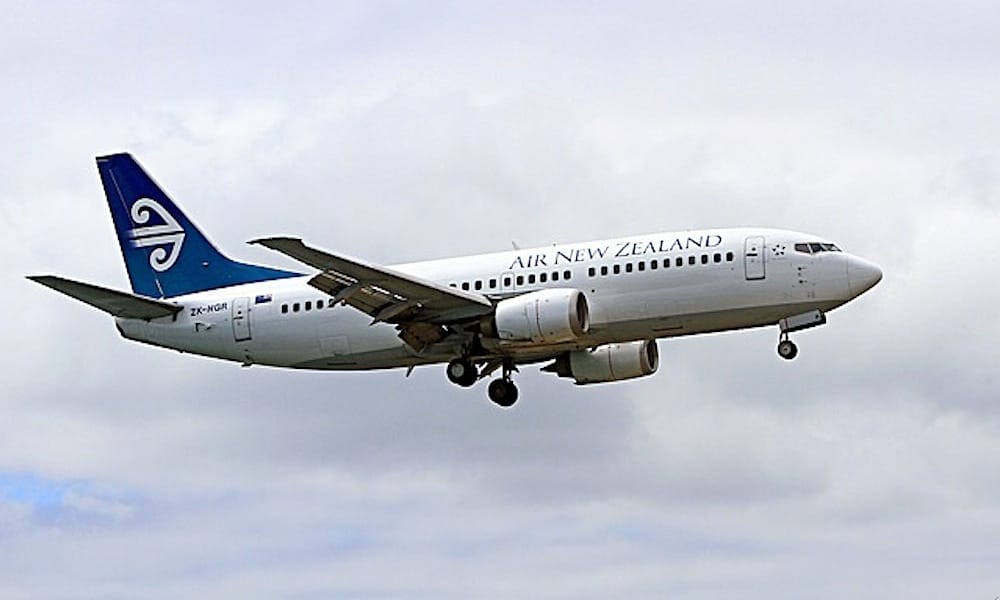
Air New Zealand has taken another important step on its Flight NZ0 journey by setting an ambitious science-based target to reduce carbon emissions by 2030.
The interim target, validated by the Science Based Targets initiative (SBTi), requires a 28.9% reduction in carbon intensity by 2030, from a 2019 baseline. This equates to a 16.3% reduction in absolute emissions over the period.
In a statement, the company said that science-based targets validated by the SBTi show companies how much and how quickly they need to reduce their greenhouse gas (GHG) emissions to prevent the worst effects of climate change. Setting a science-based target allows businesses to set a robust and credible carbon reduction target that is independently assessed to ensure it aligns with the latest climate science.
Air New Zealand Chief Operational Integrity and Safety Officer David Morgan said this is a critical milestone on the airline’s journey to net zero carbon emissions by 2050 as it provides a clear signal of where we need to be by 2030, in order to meet the 2050 goal.

Chair of Air New Zealand’s external Sustainability Advisory Panel Sir Jonathon Porritt said there are two things all passengers should look to when assessing an airline’s response to accelerating climate change: ambition level and trustworthiness.
“As the world continues to understand the full extent of the climate emergency, every airline will need to set equivalent targets – and then deliver on them, come what may,” he said.




